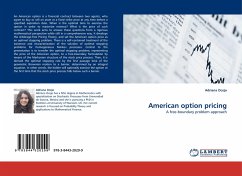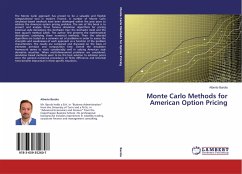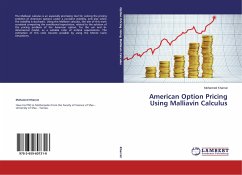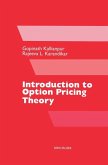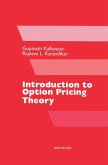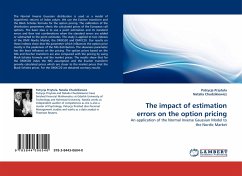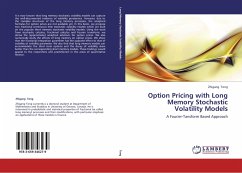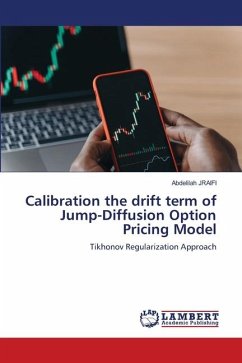An American option is a financial contract between two agents, who agree to buy or sell an asset at a fixed strike price at any time before a specified expiration date. When is the optimal time to exercise the option in order to maximize revenue? What is the price of such contract? This work aims to answer these questions from a rigorous mathematical perspective while still in a comprehensive way. It develops the Arbitrage-free Pricing Theory, and set the American option price as an optimal stopping problem. There is a self-contained treatment of the existence and characterization of the solution of optimal stopping problems for homogeneous Markov processes. Central to the presentation is to transfer the optimal stopping problem, representing the price of the American option, to a free-boundary formulation by means of the Markovian structure of the stock price process. Then, it is derived the optimal stopping rule by the first passage time of the geometric Brownian motion to a barrier, determined by an integral equation. In other words, the holder will optimally exercise the option at the first time that the stock price process falls below such a barrier.
Bitte wählen Sie Ihr Anliegen aus.
Rechnungen
Retourenschein anfordern
Bestellstatus
Storno

